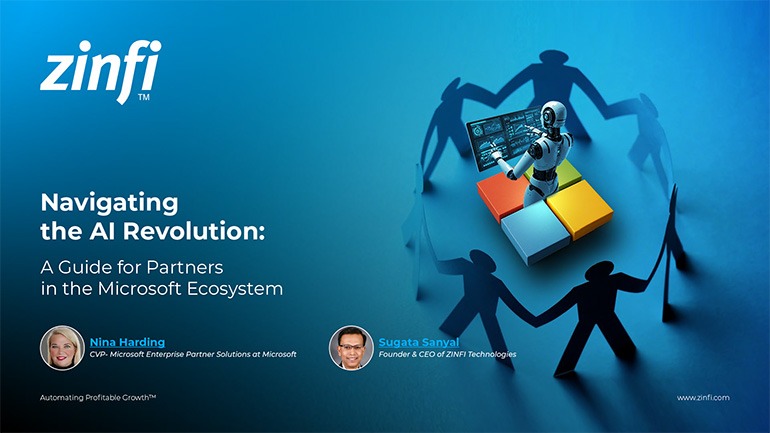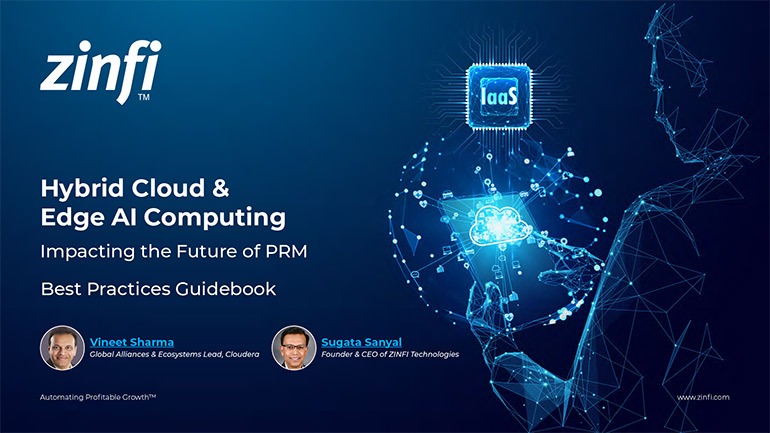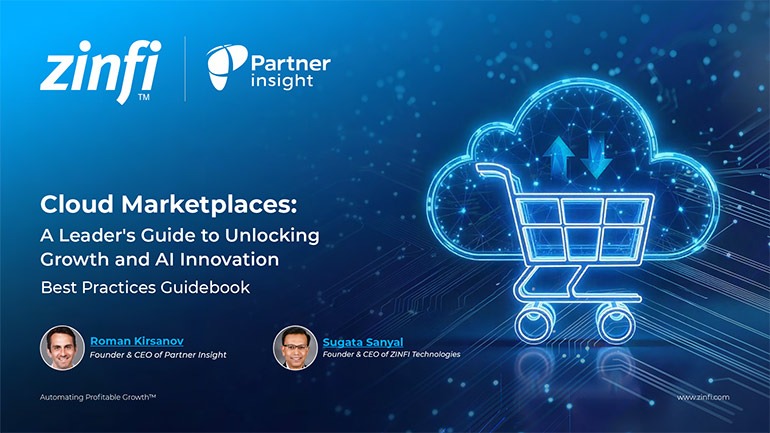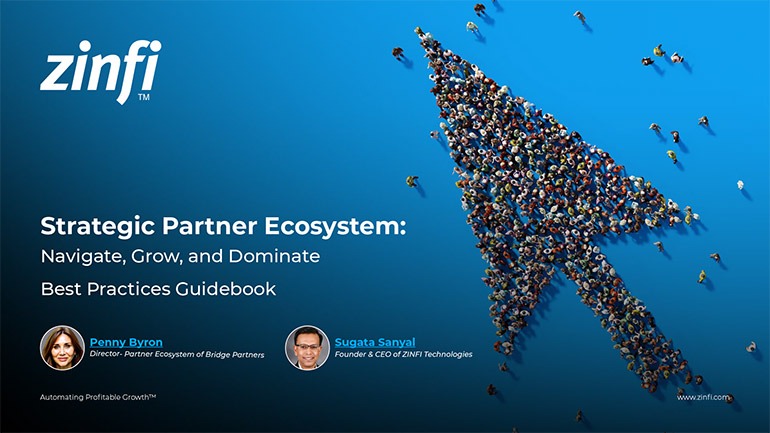Glossary - What is - Authorization Protocols
What are Authorization Protocols?
Authorization protocols are rules and processes used to determine if a user or system has the right to access specific resources within a network or application. These protocols ensure that only authorized entities can perform particular actions, providing a critical layer of security in digital environments. Standard authorization protocols include OAuth, SAML, and OpenID Connect, each offering various mechanisms for secure access control.
Authorization protocols are pivotal in partner ecosystem management and partner management automation. They ensure secure access to shared resources, allowing partners to collaborate efficiently while protecting sensitive information. Implementing robust authorization protocols helps organizations manage partner permissions dynamically, ensuring each partner has appropriate access levels based on their roles and needs within the ecosystem.
Key Takeaways:
- Enhanced Security and Compliance: Implementing authorization protocols enhances the security of partner ecosystems by ensuring that only authorized partners can access specific resources. This reduces the risk of data breaches and ensures compliance with industry regulations. For example, using OAuth in a partner portal allows secure token-based authentication, ensuring partners can only access their designated resources.
- Dynamic Access Management: Authorization protocols enable dynamic access management, allowing organizations to adjust partner permissions in real-time. This flexibility is crucial for managing the varying access needs of different partners. For instance, a partner’s access level can be automatically adjusted based on their performance metrics or role changes, ensuring they have the necessary resources to succeed.
- Improved Collaboration and Efficiency: Authorization protocols facilitate seamless collaboration among partners by clearly defining access rights. They ensure partners have the necessary permissions to access shared tools and resources, improving overall efficiency. For example, SAML can streamline Single Sign-On (SSO) processes in a multi-partner project, allowing partners to collaborate without multiple logins. Watch Jay McBain talk about the role of collaboration in partner ecosystem management.
- Scalable Partner Management: Authorization protocols support the scalable management of a growing number of partners. As the partner network expands, these protocols ensure that access control remains consistent and manageable. Organizations can use protocols like OpenID Connect to manage identities across numerous partners, maintaining secure and scalable access control.
- Seamless Integration with Existing Systems: Modern authorization protocols are designed to integrate seamlessly with existing IT systems, enhancing their functionality without requiring extensive modifications. This integration capability ensures that partners can be onboarded quickly and securely. For example, integrating OAuth with existing CRM systems can streamline the authorization process for new partners, reducing onboarding time.
Summary of Key Takeaways:
Authorization protocols are essential for maintaining partner ecosystems’ security, compliance, and efficiency. They offer dynamic access management, improved collaboration, scalability, and seamless integration with existing systems. Implementing robust authorization protocols ensures that partners have appropriate access, enhancing productivity and protecting sensitive information. ZINFI’s solutions provide comprehensive tools to leverage these protocols effectively, supporting secure and scalable partner management.
Key Examples:
- Automotive Manufacturing: Authorization protocols ensure suppliers and partners can securely access design documents and manufacturing schedules in the automotive industry. For instance, OAuth can provide tiered access to different partners based on their roles in the supply chain, ensuring that sensitive design information is only accessible to authorized parties. This enhances collaboration while maintaining strict access controls.
- Consumer Electronics: Consumer electronics companies often collaborate with multiple partners for product development and distribution. SAML-based SSO solutions can streamline access to shared development platforms, allowing partners to work efficiently without compromising security. This ensures that only authorized developers can access critical project files and resources, fostering a secure and collaborative environment.
- Energy Production: Authorization protocols help manage access to operational data and control systems in energy production. Using OpenID Connect, energy companies can provide partners with secure, role-based access to monitoring and control systems, ensuring that only authorized personnel can influence critical operations. This minimizes the risk of unauthorized access and enhances operational security.
- Financial Services: Financial institutions rely heavily on authorization protocols to manage access to sensitive financial data. Implementing OAuth allows for secure, token-based access control, ensuring that partners such as payment processors and auditors can access necessary information without compromising security. This facilitates compliance with regulatory requirements and enhances data protection.
- Food and Beverage: Authorization protocols enable secure supply chain management in the food and beverage industry. SAML can provide suppliers and distributors access to inventory and order management systems, ensuring only authorized users can modify orders or access inventory data. This streamlines operations and enhances the security of supply chain processes.
- Healthcare Services: Healthcare providers use authorization protocols to protect patient data and ensure compliance with regulations like HIPAA. OpenID Connect can facilitate secure access to patient records for authorized partners, such as insurance companies and specialists, ensuring that sensitive information is accessed only by those with the correct permissions.
- Information Technology: In IT, authorization protocols are crucial for managing access to development environments and production systems. OAuth allows IT companies to provide developers and partners with secure, scoped access to necessary resources, ensuring that development and operational workflows are safe and efficient.
- Pharmaceutical Development: Pharmaceutical companies use authorization protocols to manage access to research data and clinical trial information. SAML-based solutions ensure that researchers and partners can access sensitive data securely, maintaining the integrity of the research process and protecting intellectual property.
- Retail Industry: Retailers leverage authorization protocols to manage partner access to inventory systems and customer data. Implementing OAuth helps ensure that partners like logistics providers and marketing agencies can access the necessary systems securely, enhancing collaboration while protecting sensitive data.
- Telecommunications: Authorization protocols manage access to network management systems and customer data in the telecommunications sector. OpenID Connect allows telecom companies to provide partners with secure access to these systems, ensuring that only authorized personnel can make changes or access sensitive information.
Conclusion:
Authorization protocols are vital for ensuring secure access control in various industries. They provide enhanced security, dynamic access management, improved collaboration, scalability, and seamless integration with existing systems. In partner ecosystem management, these protocols are indispensable for protecting sensitive information and ensuring that partners have appropriate access levels. Automotive manufacturing, consumer electronics, energy production, financial services, food and beverage, healthcare services, information technology, pharmaceutical development, retail, and telecommunications are just a few industries that benefit from robust authorization protocols. By implementing these protocols, organizations can enhance security posture, streamline operations, and foster effective collaboration within their partner ecosystems. ZINFI’s comprehensive solutions support the effective deployment and management of authorization protocols, ensuring secure and scalable partner management.
Associated Keywords:
- Authorization Protocols
- Secure Partner Access
- Partner Management Automation
















